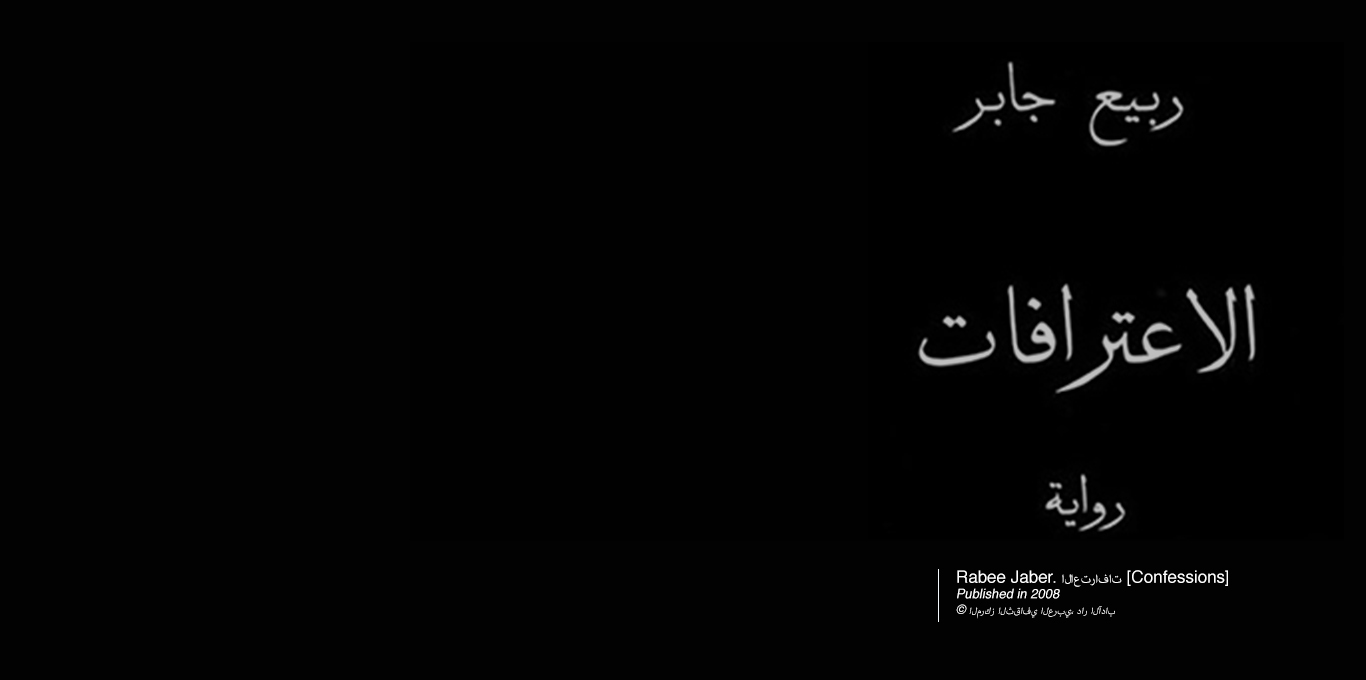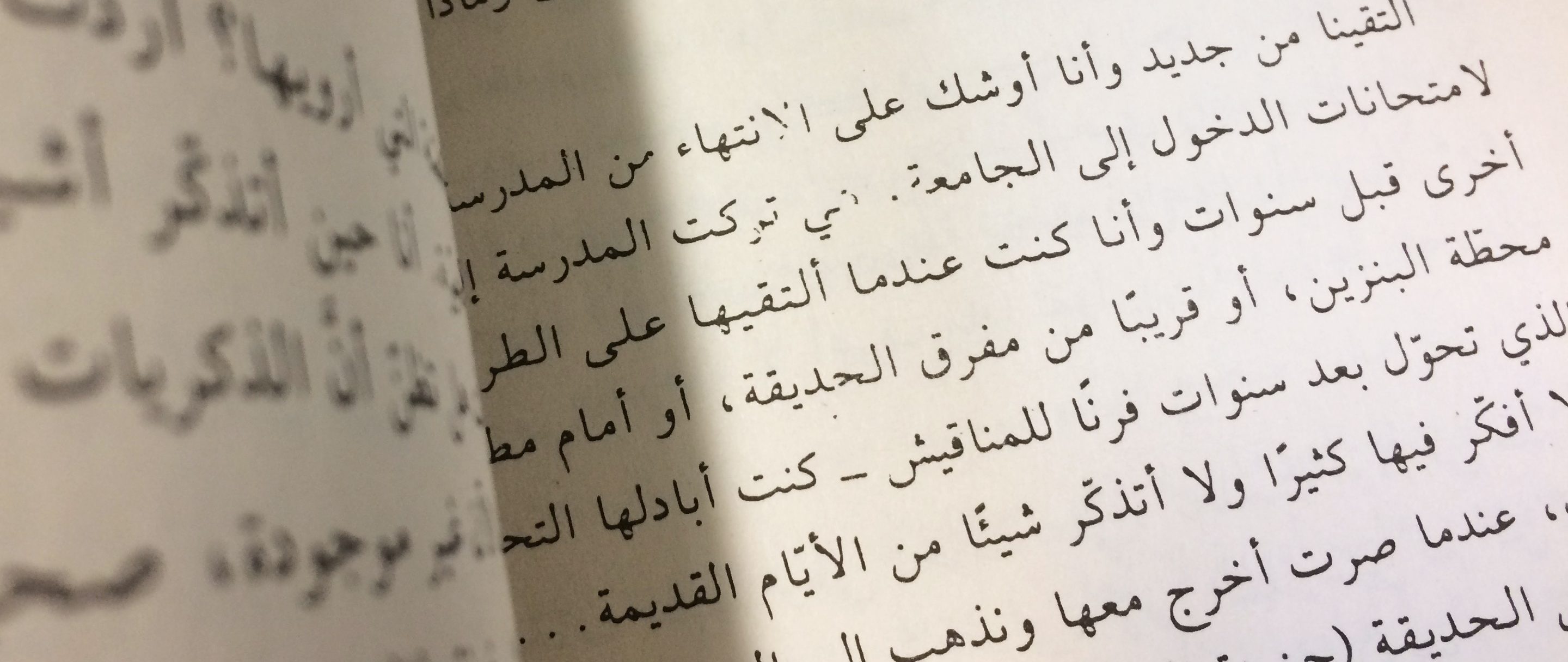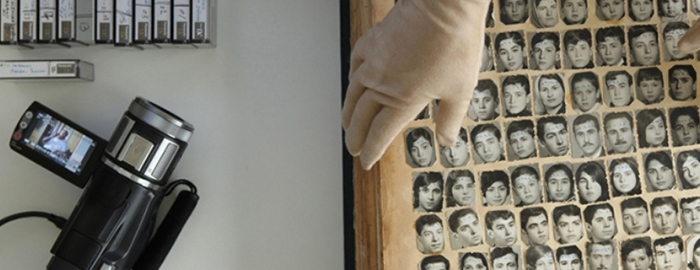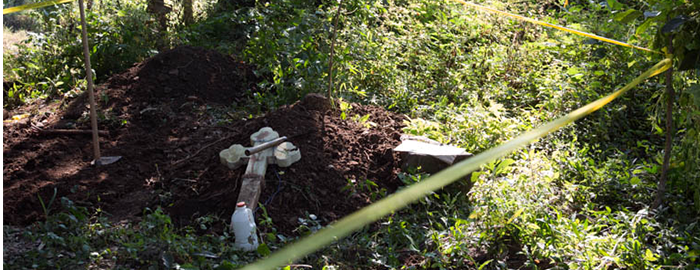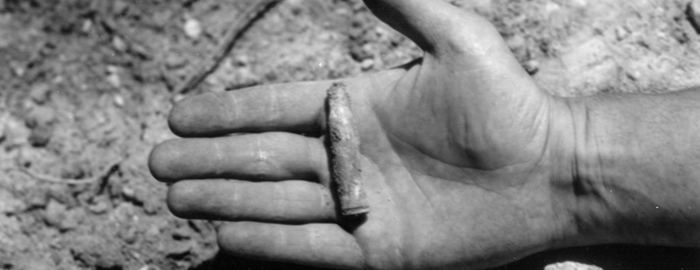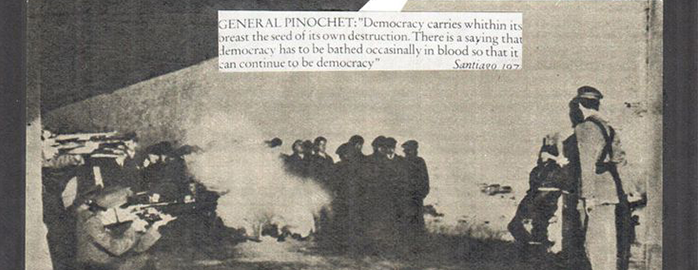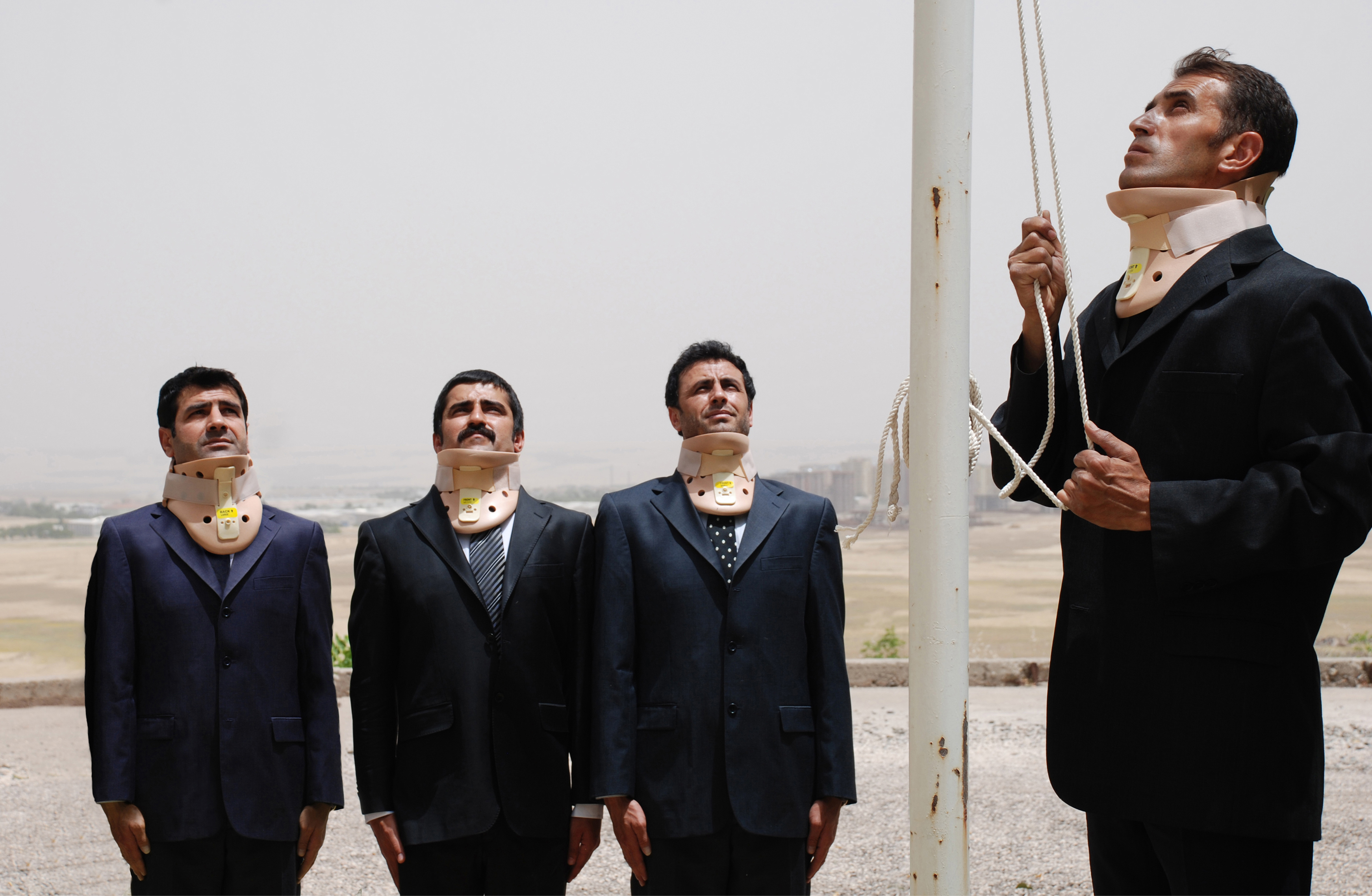Deprecated: Function wp_make_content_images_responsive is deprecated since version 5.5.0! Use wp_filter_content_tags() instead. in /home/fdcdadk7/public_html/wp-includes/functions.php on line 6031
2017
© Dissonantnarratives

Deprecated: Function wp_make_content_images_responsive is deprecated since version 5.5.0! Use wp_filter_content_tags() instead. in /home/fdcdadk7/public_html/wp-includes/functions.php on line 6031
Since the Lebanese civil war resolution in 1990, state-sponsored policies have tried to erase all traces of past crimes while suppressing people’s need to testify to their war traumatic experiences. A group of Lebanese novelists, artists, and film makers responded by creating an intellectual scene to partake in the debate about the past and the present through various cultural, fictional productions. A lot of their works rely on trauma theory, particularly on the notion of the belated return of the repressed past, to challenge the State narrative. Although the Lebanese novel has been predominantly informed by stories of war-related traumatic experiences, only few scholarly works have been devoted to study the aspect of trauma in those novels. The role of the undead remains particularly unaddressed by literary critics despite its prevalence in Lebanese contemporary art and, maybe to a lesser extent, in Lebanese postwar cinema. In this respect, intellectual and artist Jalal Toufic emphasizes the need for Lebanese ghost literature on the undead to help deal with the unfinished business of the traumatic past. With fiction as their only loci, the return of the undead through literature presents a distinct perspective to study traumatic experiences that might have otherwise remained suppressed and maybe forgotten. This study respectively presents a new contribution to the Lebanese literary circle as well as to trauma studies by exploring the relation between the undead and the traumatic experiences as illustrated in three novels by Lebanese novelist Rabee Jaber.
